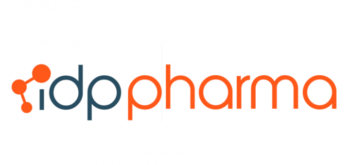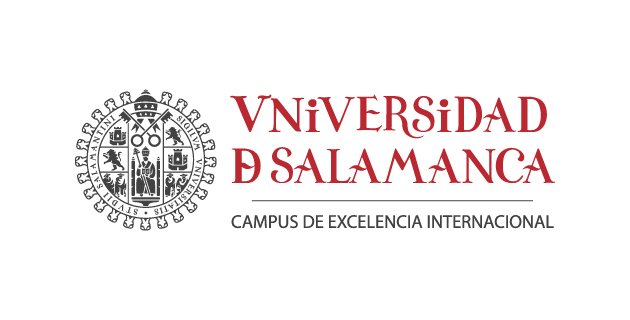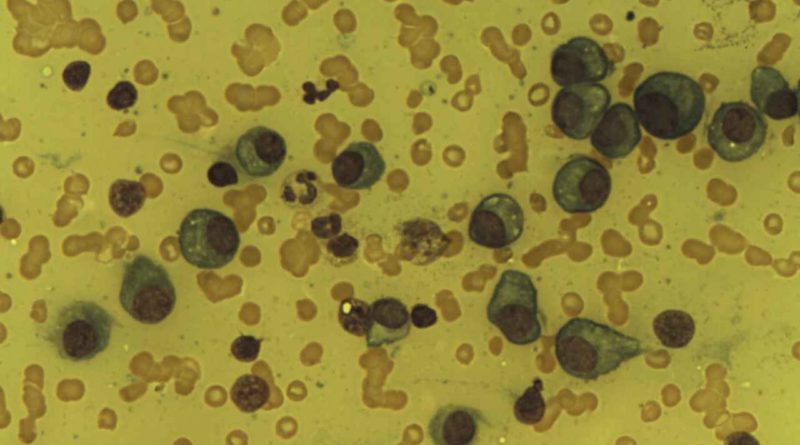IDP4MM
IDP4MM
Development of drugs in new therapeutic IDP targets for the treatment of multiple myeloma
ABSTRACT
This project is part of the development of new therapeutic approaches for the treatment of multiple myeloma (plasma leukemia), a type of cancer of the bone marrow.
Multiple myeloma (MM) is a rare, incurable disease with one of the lowest five-year survival rates in oncology and constitutes the most common plasma cell neoplasm (10% of blood cancers). The only treatment of multiple myeloma with curative possibilities is the allogeneic transplantation of hematopoietic progenitors from a compatible donor. Unfortunately, the advanced age of the majority of patients (the highest incidence is at 65 years) and the high toxicity of the procedure make it possible to be used rarely. Current drug development is mainly based on marketed product enhancements. New strategies are needed to address your treatment effectively.
Given this scenario, the need arises to investigate and develop new avenues for the treatment of multiple myeloma through new therapeutic targets. The IDP4MM project addresses the technological challenge of developing new drugs (new chemical entities) exclusively targeted at a new class of therapeutic targets, IDPs (Intrinsically Disordered Proteins).
The IDP4MM consortium has compounds of peptide-mimetic nature, designed and selected through their own strategies, which have shown good anti-tumor activity in vitro. Within the framework of the following project the consortium contemplates as main objectives:
- Efficacy trials in different animal models of multiple myeloma
- Characterization of ADME (Adsorption-Distribution-Metabolism-Excretion) Properties of Selected Compounds
- Optimization of the lead candidate
- First stage of preclinical regulatory of the “lead”
To successfully achieve the project objectives, the IDP4MM consortium has precisely the IDP Pharma company, developer of the chemical entities (protected by means of patents), the University of Salamanca, providing both patient samples for ex vivo biological studies and its Novel and proven multi-parameter flow cytometry analysis platform, and the Leitat Technology Center with a long history in the study of ADME properties. This consortium, therefore, has all the profiles necessary to achieve success in the technological challenges posed.
Project Budget: 943’691,67 €
Financial Framework: RETOS COLABORACIÓN
Contract number: RTC-2016-5056-1
Start Date: 01/04/2016
End Date: 30/12/2018
Partners:



Contact Manager: S. Nieva


Financiado por: FEDER/Ministerio de Ciencia,Innovación y Universidades – Agencia Estatal de Investigación/_Proyecto RTC-2016-5056-1
Objetivo Temático del Programa Operativo: Promover el desarrollo tecnológico, la innovación y una investigación de calidad.

